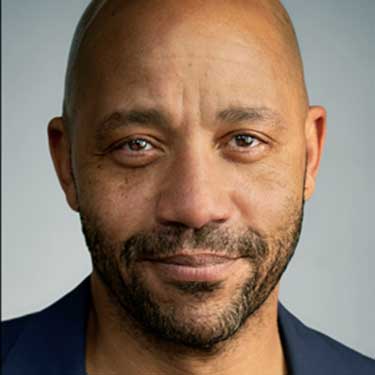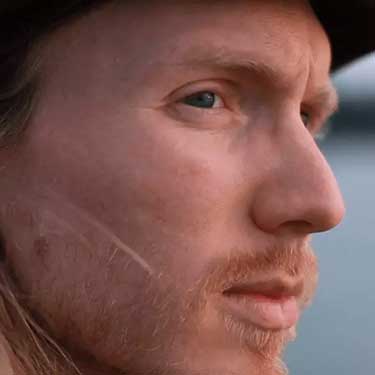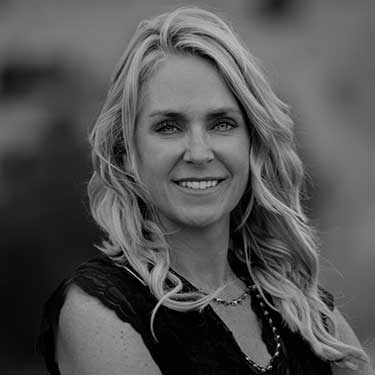Literary Conference
“Passion and Persistence”
September 17-19, 2025
Location:
Goodstein Foundation Library, Room 215A and 215B
What does it take to write a book? Why do some projects fail and others succeed? This year’s conference, Passion and Persistence, explores the grit and hard work it takes to see a writing project through from the initial idea to the publication date. In the case of David Wright Falade’s, The New Internationals, it was a 17-year project complete with rewrites and overhauls. Kai Carlson-Wei spent his youth riding the railroads, sending his poems in to contests, and waiting, and waiting. Rail represents years and years of revisions and hard choice. Case Day Rislov saw her vision in becoming a award-winning children’s book author and found her way to writing and publishing eight books. All of these authors faced headwinds and somehow overcame the odds.
Workshops will be held in the Goodstein Library classrooms from Sept 17-19. Student moderated book clubs will take place at Frontier Brewery’s ancillary room. These are open to the first ten people who sign up. Community members, Casper College employees, and students are welcome. You will receive a free copy of Rail by Kai Carlson-Wee, or The New Internationals by David Wright Falade’. These events will give you to the chance to meet the authors in a small group setting. For information on the book clubs, and how to sign up, please contact Hanz Olson at hanz.olson@caspercollege.edu or 307-268-2549, or David Zoby at david.zoby@caspercollege.edu.

David Wright Faladé
David Wright Faladé is the author of the novel, Black Cloud Rising, a New York Times’ Critics Pick and one of the New Yorker’s Best Books of 2022. His first book, the narrative history Fire on the Beach: Recovering the Lost Story of Richard Etheridge and the Pea Island Lifesavers, was one of the St. Louis Post-Dispatch’s Best Books of 2001. His second, Away Running, was named an Outstanding International Book by the US Board on Books for Young People. His new novel, The New Internationals, tells the story of an unlikely love triangle—between a Holocaust survivor, a Sorbonne student from colonial West Africa, and a black GI—set in the turmoil of post-WWII Paris. Read here “Mixeded: A Son’s Story,” the essay that tells the story behind the story at the heart of the book.

Kai Carlson-Wee
Kai Carlson-Wee is the author of RAIL, forthcoming from BOA Editions. He has received fellowships from the MacDowell Colony, the Bread Loaf Writers’ Conference, the Sewanee Writers’ Conference, and his work has appeared in Ploughshares, Best New Poets, TriQuarterly, Blackbird, Crazyhorse, and The Missouri Review, which selected his poems for their 2013 Editor’s Prize. His photography has been featured in Narrative Magazine and his poetry film, Riding the Highline, received jury awards at the 2015 Napa Valley Film Festival and the 2016 Arizona International Film Festival. With his brother Anders, he has co-authored two chapbooks, Mercy Songs (Diode Editions) and Two-Headed Boy (Organic Weapon Arts), winner of the 2015 Blair Prize. A former Wallace Stegner Fellow, he lives in San Francisco and teaches poetry at Stanford University.

Casey Rislov
Casey Rislov grew up in Wyoming riding horses and hearing tales of the Old West. She has eight award-winning children’s books and has been in the children’s book business for more than 14 years. Casey holds a Master’s degree in Elementary Education from Montana State University. She is endorsed in early childhood and special needs. Time Together, Time Well Spent! was her debut book, Love is Forever has gained international attention for its beautiful way to talk about loss. Imagination Bigger Together teaches children about friendship & exploration. The Rowdy Randy books are a Wild West adventure series you won’t want to miss. Lastly, her newest Western picture book about Wyoming’s Steamboat logo. Her passion has always been centered around child education. She has traveled over 7,000 miles in the last few years and visited with over 35,000 kids!
Schedule
All events will be held in the Goodstein Foundation Library classroom space (LI 215)
Wednesday, September 17th
- Workshop 1, 10:00 am – 11:00 am: Casey Day Rislov
Children’s Picture Book Writing– Once upon a time there was an adventure…! Your writing should be a journey. You need to be excited about what you want to share. The way to get to a fantastic book is to start with your curiosity and be outside your comfort zone. Know that the world is yours to explore. This one-hour workshop explores how newfound knowledge can become the compass through reading, shared experiences, spending time in nature, museums, and with the experts can shape your work. I will discuss how every road on your adventure brings fresh perspectives. These experiences translate into the passion you need to stay on your path. In the end, you’ll write a book of which you can be proud.
- Workshop 2, 10:00 am – 11:00 am: Slice of Life: Writing Narrative Poetry
Where do we locate poetry in our daily lives? How do we take our personal experiences from rough draft to finished form? In this workshop we be looking to our own life stories in order to find inspiration and structure for writing poems. All levels of experience are welcome.
- Workshop 3, 2:00 pm – 3:00 pm: David Wright Falade on rewriting.
Murdering Some Darlings
James Baldwin described himself not as a writer, but as a rewriter. Rewriting is the central act of writing itself. Writers better understand their subject matter when they rewrite (and rewrite, and rewrite some more): when you take feedback, not as unfavorable judgment or as scolding, but as commentary and elucidation. Rewriting helps you to re-see (which, of course, the word “re-vision” suggests) where to expand and to expound, where to cut, how to better shape your story idea (or your argument) and to effectively express it. In this workshop, we will take a piece of writing by one of your peers and work on how to begin the rewriting process.
From 6-7. Book Club discussion with David Wright Falade at Frontier Brewery’s ancillary room. Led by Casper College student Eddie Siebert, participants will get a chance to discuss the novel The New Internationals with David. We have 10 free copies of these books at the Casper College library. Sign-up required.
Thursday, September 18th
- Workshop 1, 9:30 am – 10:45 am: David Wright Falade, How to Sell Your Work
Writing is, first, expression. But a writer also wants to be read, and Lana-Turner-at-the-deli- counter moments are extraordinarily rare. The odds that an editor or publisher is going to hear you speak on a podcast or see your blogpost on Substack and offer you a book deal is not likely. So, an aspiring writer must prepare for the travails of submission and rejection that sometimes lasts for years before their work begins to land, if it ever does. Being a professional writer takes passion and persistence—both, but especially persistence. In this workshop, we will discuss writing pitch and query letters to magazine editors and literary agents, as well as the world of publishing, broadly.
- Workshop 2, 9:30 am – 10:45 am: Casey Day Rislov
Have you ever had a book project you wanted to launch, but didn’t know how to start? Casey will discuss her journey towards becoming a published author, how she partnered with Zach Pullen to create a brand, how she markets that brand using social media and in-person events. This often means long days, difficult travel, and constant tasks. But through creativity and a nonstop work-ethic, her books have flown off the shelves. Casey will outline some of the creative ways she has marketed her work.
- Workshop 3, 11:00 am – 12:15 am: Kai Carlson-Wee, The Journey Within: Travel and Transformation
In this workshop will be exploring the structure of journeys. We will look at the ways travel can inform our writing, offering strategies for art-making as well as a vehicle for personal growth, change, and transformation. All levels of experience are welcome.
Kai Carlson-Wee at Frontier Brewery’s ancillary room for Book club
From 6-7 pm. Book club members will enjoy a close-up discussion led by Casper College student Tiana Stover. Free copies of Rail are available from the Casper College library. Sign-up required.
